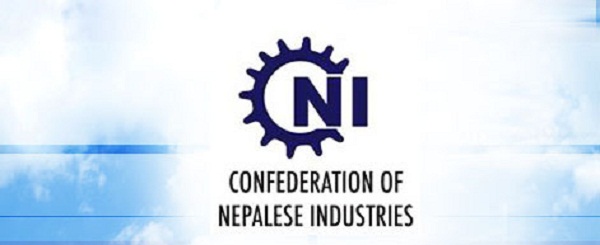IMF faces criticism for pressuring Nepal’s central bank on policy matters

KATHMANDU: The Confederation of Nepalese Industries (CNI) has advised the International Monetary Fund (IMF) to exercise caution and avoid unnecessary interference in Nepal’s policy-making process.
CNI, representing the private sector, expressed concerns about what it sees as undue pressure from the IMF on the Nepal Rastra Bank (NRB) regarding policy formulation. CNI President Rajesh Kumar Agrawal urged the IMF, in a press statement, to refrain from imposing unwarranted regulations on the government’s policy decisions.
During a recent meeting between CNI officials and IMF representatives, including IMF’s mission Chief Tidiane Kinda and Country Representative in Nepal, Teresa Daban Sanchez, CNI highlighted its apprehensions. Agrawal emphasized that Nepal’s economy has unique characteristics, and not all international principles and practices can be directly applied in Nepal.
The IMF’s influence on the NRB has been evident since November of the previous year. The IMF expressed dissatisfaction with the NRB’s measures to restrict imports and, as a result, delayed the disbursement of the second installment of the Extended Credit Facility (ECF) offered to Nepal.
In January 2022, the IMF approved a $398.5 million loan under the ECF to support Nepal in mitigating the impacts of the Covid-19 pandemic, protecting vulnerable groups, maintaining macroeconomic stability, and promoting growth and poverty reduction. However, the IMF postponed the second disbursement of around $52.80 million for about a year, releasing it only in May 2023.
CNI, as a representative of the private sector, also expressed concerns about the IMF’s influence on NRB’s policies related to liquidity management and interest rates. Agrawal argued that raising interest rates as a means to control inflation is not necessarily the most appropriate approach.
Agrawal criticized the government’s hasty implementation of policies, such as increasing interest rates while curbing inflation and reducing demand, which he believes have created economic challenges. He suggested that the NRB’s policies appear to favor banks over manufacturing businesses. Additionally, he noted that while there was an agreement between the NRB and IMF to restructure loans to address liquidity issues, recent NRB policies seem to contradict this agreement.













Facebook Comment